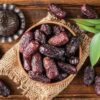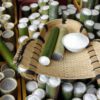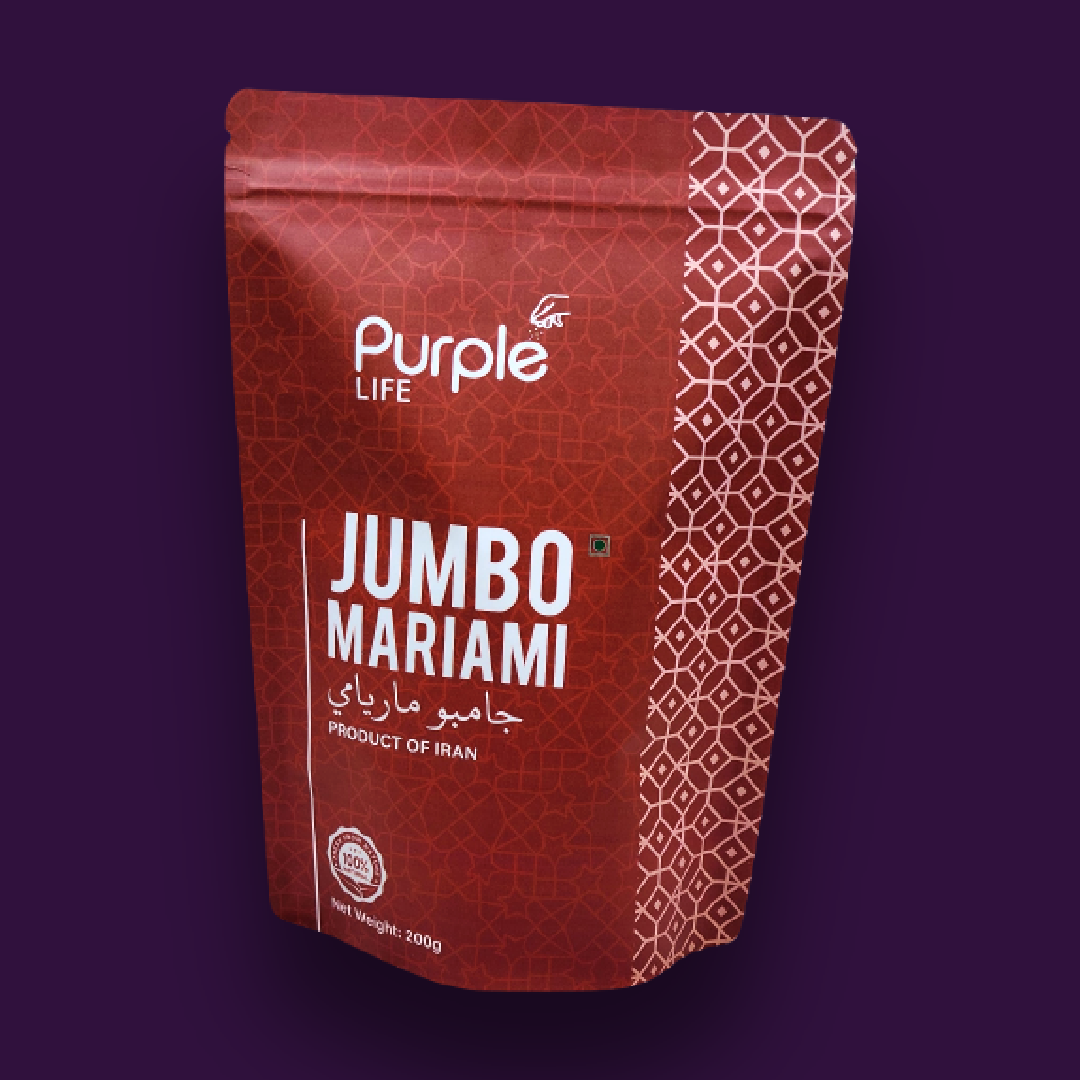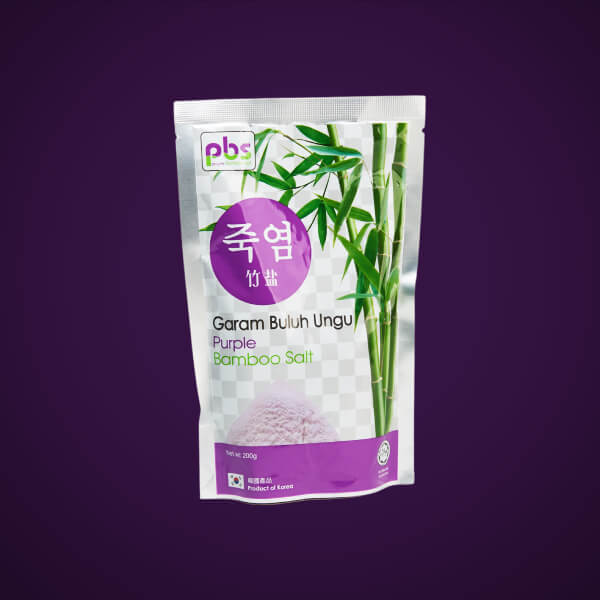Why is Bamboo Salt Roasted Multiple Times at Elevated Temperatures?
Bamboo Salt is prepared by roasting sea water in bamboo trunks at elevated temperature and this process is repeated many times. Most people do not understand why this pain staking process is followed. Let’s see why!
The Simple answer is To Make it Pure and Powerful.
The long answer is rather interesting!!!
Why?
After the salt is inserted into the bamboo trunks, the ends are sealed with natural yellow clay that is rich in minerals. The trunks are then roasted in a furnace with pinewood being used as fuel. The process requires 10 hours of roasting at a temperature between 1,000 to 2,500 C. For example, PBS Cooking Bamboo Salt is roasted at 2500 degree and hence is one of the best Bamboo Salts in the market. This procedure can be repeated from three to nine times. In the ancient times, the process was only repeated two or three times. However, through repeated experimentations that doctors discovered that Bamboo Salt gained higher medical effectiveness if it was baked for more time. This method enhanced the amalgamation of minerals from the bamboo and the yellow clay into the sea salt.
Additionally, the numerous high-heat roasting process was more effective in ridding of impurities in the sea salt. It has been found that the salt reaches its highest medical efficacy when it is baked for 9 times. After 9 times, the medicinal benefits of the salt drastically decrease from over-roasting. Because of the time and effort put into making the 9-times-baked Bamboo Salt, the 9-times-baked Bamboo Salt is specially named as Purple Bamboo Salt for the purple color hue resulted from the numerous repeated roasting processes (Xin, Zhao, et. al., 2013). As a result, you can see various Bamboo Salt being labeled as 1x, 3x, 6x, 9x; these labels indicate the number of roasting processes the specific Bamboo Salt has received. Because the medical efficacy correlates with the number of roasting procedures, the price range can differ significantly depending on the number of roasting processes.
What Does the Process of Roasting Bamboo Salt do?
The process of making this korean salt removes harmful compounds in sea salt, such as MgCl2, MgSO4, MgBr2 and can preserve useful minerals in it. When bamboo salt is melted at 1,500℃, the minerals in it turn into ions.
Bamboo salt is not only the compound of sodium and chloride, but also it has lots of minerals, such as K, P, Ca, Cu, Fe, V, Se, Pt, etc. To prevent and cure diseases, we need to maintain good metabolism and to enhance the immune system. Bamboo salt helps these purposes as it promotes the balance of acid and base with high quality minerals.
When we roast salt following the bamboo salt process repeatedly, its reduction power increases significantly. When rusty nails were placed in water with refined salt and sea salt solution, they continue to rust. However, the rust comes off in the bamboo salt solution. The bamboo salt reduction power depends on how many times the salt is roasted. Bamboo salt that is roasted for 9 times has the strongest reduction power compared to any other salt.
Nutritional Values of Bamboo Salt
From scientific research, it has been found that Bamboo Salt contains more than 70 kinds of minerals due to the leaching of minerals from the bamboo tree trunks, the pine tree resin, and the yellow clay. Amongst all the minerals, the main components of Bamboo Salt are calcium, phosphorus, magnesium, iron, manganese, copper, and potassium, zinc. At the same time, it is high in sulfur because of the bamboo tree trunk. This makes Bamboo Salt a highly alkaline food in contrast to all the other salts which are acidic. This also makes Bamboo Salt a great neutralizer of which we will discuss more in detail later.







